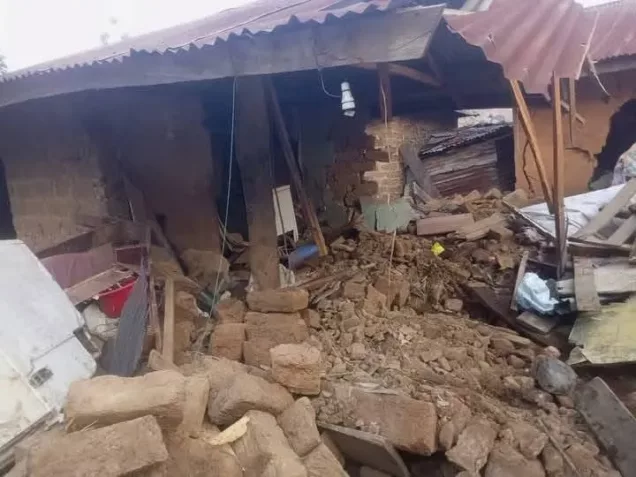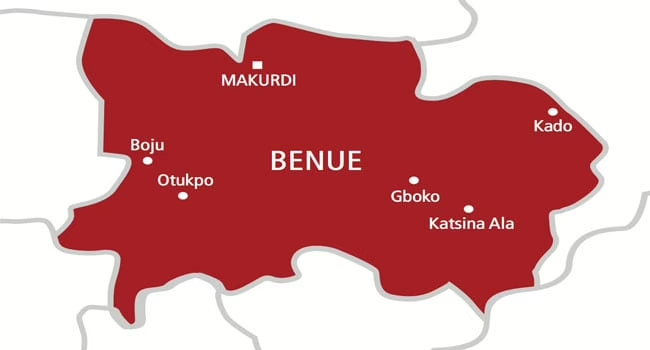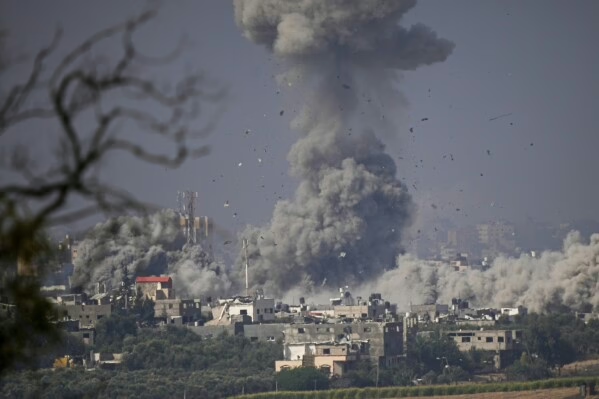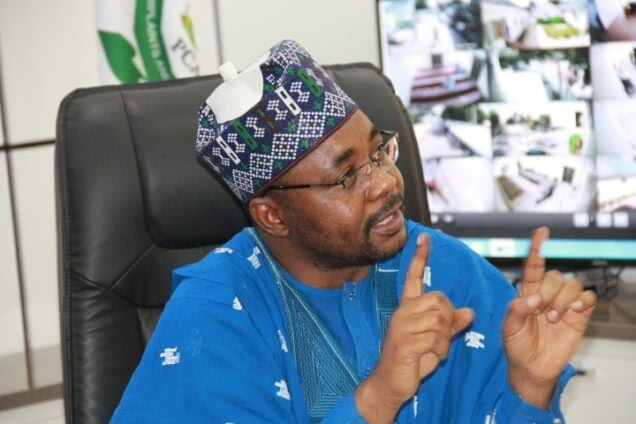In spite of the new strategies adopted by the Federal Government in November, 2021 to tackle oil spill in the Niger Delta, many communities in the region are still groaning and suffering silently under the yoke of environmental degradation occasioned by the pollution of their communities as a result of oil and gas prospecting.
Only in July this year, residents of Odimodi community in Burutu Local Government Area of Delta State, cried out over gas leakage from the Bemobebe-aka Gas Well, operated by the Agip Oil Company, in the outskirts of the town.
A fisherman, Brakemi Ndoro, who reported the leakage, said that the toxic emission, allegedly caused by a broken valve from the company’s gas plant, started about three months earlier.
The chairman of the community, Solomon Gbegha, told that the community reported the leakage to the National Oil Spill Detection and Response Agency, which followed up the report with a joint inspection of the leak with community representatives, last month.
Gbegha, however, lamented that after the inspection, no other efforts were made to shut down the leakage, a development he said had been making the people to live in fear, after been instructed to stay off the spot until the danger was averted.
Consequently, the villagers, scared about possible fire outbreak, had since been living with the severe health implications of inhaling gas emissions.
Worried by the ugly trend, a non-governmental organization, NGO, Environmental Rights Action/Friends of the Earth Nigeria, has waded in.
The Executive Director of ERA/FoEN, Chima Williams, told journalists that the community despatched a Save-Our-Soul, SOS, to the NGO, urging it to intervene before the situation becomes aggravated beyond unmanageable proportion.
Having monitored the plight of the community, ERA/FoEN noted with concern that “despite housing multinational companies, Odimodi has been neglected by these companies, hence the slow response to oil spills and gas leakages.”
ETA/FoEN’s Communications Officer, Elvira Jordan, in a statement, said, “ERA/FoEN calls on the Agip Oil Company to immediately clamp the gas leakage from the Bemobebe-aka Gas Well located in Odimodi community.”
investigations revealed that even before the Odimodi community incident, many residents of oil prospecting communities in the Niger Delta region have been expressing concerns over the human health implications of crude oil spills in their communities.
A Niger Deltan healthcare giver, Egene Adolphus, told our correspondent that the oil spills in the region could have acute and long-term effects on human health, as, according to him, the health hazards created by oil exploration and exploitation are covert and slow in action, “while unfortunately, they are not given the deserved attention by the government, even as they can be major contributors to the disease burden in oil-bearing communities.”
He further said that “the spills contaminated the surface water, ground water, ambient air, and crops with hydrocarbons, including known carcinogens like polycyclic aromatic hydrocarbon and benxo pyrene, naturally occurring radioactive materials, and trace metals that were further bioaccumulated in some food crops.”
These, he added, could result in an increase in the prevalence of childhood malnutrition, growth retardation.
However, the National Oil Spill Detection and Response Agency, had announced sometime in November 2021, that it had rolled out strategies to tackle incessant oil spills in communities in the Niger Delta, but these strategies seem not to be followed through.
NOSDRA had said, “The plan will be a community-driven, community-implemented, community-monitored and community-evaluated project.”
NOSDRA Director-General, Idris Musa, had disclosed this in Port Harcourt, at a one-day Community-based Disaster Risk Reduction, DRR, plan held to create awareness on the dangers of pipeline vandalism.
Represented by Oladipo Obanuwa, NOSDRA’s director, Asset Safety and Mitigation, Mr Musa noted that even though crude oil spills could sometimes occur from failure of equipment, pipeline vandalism by unscrupulous elements contribute largely to this menace.
He said that the new strategy adopted by NOSDRA to curb the menace involved the deployment of its DRR plan to all states in the region to create and sustain an interface with stakeholders that hitherto has not been effectively engaged in the effort to curb pipeline vandalism.
He added, “This menace has resulted in adverse socio-economic, health and environmental problems that have threatened the ecosystem and the people’s livelihood.”











